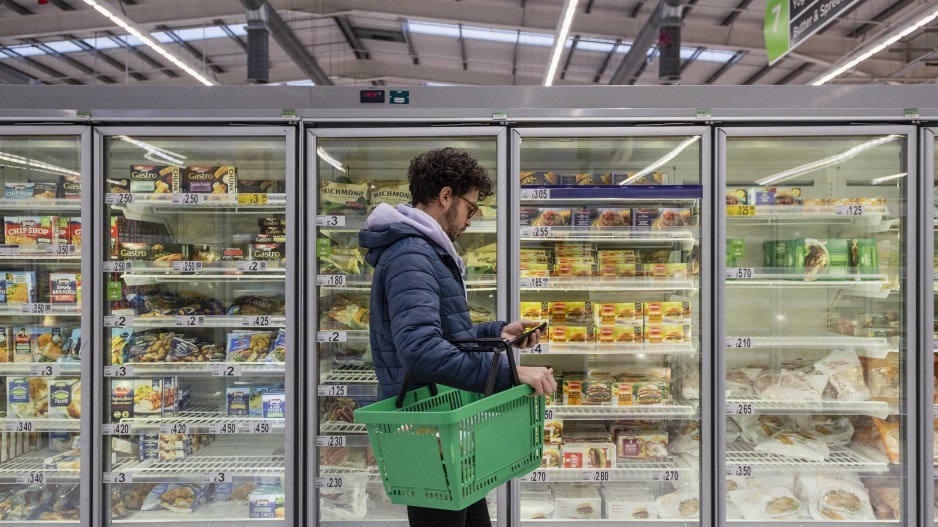Workers may have taken some time off during the holidays, but B.C.’s inflation rate refused to take a break in December.
Inflation on the West Coast grew to 3.4 per cent annually last month – up from 3.2 per cent a month earlier, according to Statistics Canada data released Tuesday.
Canada as a whole saw the rate of inflation jump from 3.1 per cent to 3.4 per cent between the months of November and December.
BMO chief economist Douglas Porter said in a note that Tuesday's data suggests that the Bank of Canada will “doggedly maintain a cautious stance” when it makes its next interest rate decision next week.
He does not forecast any rate cuts from the central bank until at least June, a sentiment echoed by RBC economist Claire Fan following Tuesday’s inflation numbers.
She described the numbers in a note as “mixed.”
"If you are looking for data to signal a rate cut is imminent, this isn't it," TD senior economist Leslie Preston said in a note. "December's inflation report underscores that the last mile of getting inflation all the way back to two per cent is the hardest."
She expects a rate cut from the Bank of Canada in April.
Gas prices increased in December (+1.4 per cent) after declines in November (-7.7 per cent).
Food prices at stores went up 4.7 per cent, while food purchased from restaurants increased 5.6 per cent.
But the No. 1 contributing factor to inflation last month was mortgage interest costs, which increased on an annual basis by a whopping 28.6 per cent.
Phone services (-20.6 per cent) and natural gas (-14.5 per cent) were the biggest downward contributors.



